Speaking at a recent think-tank fundraiser, Paul Ryan was uncharacteristically sentimental on the topic of the working-poor. The congressman—whose budget has just enough veneer of intricacy and hard-headed economic policy to impress his fellow conservatives—made an emotional turn, assuring the crowd that “[t]he best way to turn from a vicious cycle of despair and learned helplessness to a virtuous cycle of hope and flourishing is by embracing the attributes of friendship, accountability and love.”[1] Our first reaction to Ryan’s remark is probably suspicion: surely, this is just another attempt to hide the draconian nature of his recent policy proposals under the cloak of caring and altruism. But there is reason to believe that this emotional plea against the welfare state was sincere—or that it was at least built upon historical precedent. Two centuries before Ryan invoked the “virtuous” emotions to combat the “vicious cycle of despair,” a similar ideology was taking root. It also happened to emerge out of a confrontation with the first modern welfare system.
As a “poor-relief” program operating in England between 1795-1834, the Speenhamland system bears a striking resemblance to our own methods of income assistance. It provided a supplementary wage to rural laborers in an attempt to offset a sharp rise in bread prices, which had become volatile due to the Napoleonic conflict. (Think: spikes in gas prices due to contemporary interventions in the Middle East). Much like the modern food stamp, Speenhamland provisions were linked to fluctuations in the cost of living, and were intended to make people’s lives just a little better in the precarious early-industrial age. There was, of course, also a cynical purpose for the assistance. In an age of revolutionary upheaval, authorities believed that the supplemental wage—or the poor-rates—might stymie food riots and ward off domestic unrest.[2] In practice, however, Speenhamland perpetuated—rather than alleviate—the bigger problems of the new commercial society. Because industry relied on the system to supplement labor costs, wages were driven down, and even more rural workers fell into squalor.
We may not be re-reading Oliver Twist regularly, but Dickens’s sooty, audacious orphan continues to be a moral image for the oppression of poverty; and Ebenezer Scrooge is our archetypal miser, someone who gets his redemption and another shot at a virtuous life. But there are authors who came before Dickens—those who witnessed the effects of this first food-stamp system—worth paying attention to. In my estimation, their writing initiated a complex, if familiar, prejudice: that unconditional welfare is not helpful to the poor, that it may in fact be detrimental, and what is needed instead is more love, virtuousness, and charitable fellow-feeling.
How does one get from British Romantic writers to Paul Ryan? The answer may lie in the language that each of them used.
Before turning to the emotions that are associated with poetic language, let’s look briefly at the emotional logic of the system itself. With the emergence of industrial labor in England, rural workers had to dramatically change their mindset. Now, people who had never lived under the rule of capitalism were expected to enter the industrial marketplace, endure the vicissitudes of prices—and the poor-relief to which they were connected—and reorganize their lifestyle around an administration over which they had almost no control. Swift market fluctuations did not just mean that foresight and planning were difficult. Existence under this new regime also meant a change in consciousness. In order to tolerate such insecurity, workers would have to believe in the promise of the new capitalist enterprise; that, despite the incessant variability built into their lives, rising industrial productivity would eventually bring them comforts far greater than what they had through rural work.
Ironically, the Speenhamland system may have played a role in this. “Hope,” the economic historian Karl Polanyi writes in his classic The Great Transformation (1944), “…was distilled out of the nightmare population and wage laws, and was embodied in a concept of progress so inspiring that it appeared to justify the cast and painful dislocations to come.”[3] This belief has remained a part of modern urban poverty. The endless, small decisions that the working poor have to make merely in order to survive act as a cruel stand-in for the sanctified idea of capitalist choice. In actuality, the constant pressure of evaluation and selection can fatigue people so much that their cognitive function is diminished. Recently, a group of contemporary neuroscientists from the University of Warwick have shown that poverty actually impedes cognitive function by putting this burden of choice on workers continually: which bus to take, which groceries will be least expensive, which residential utility will be most essential for living.[4] Add to these factors the inherent bustle of urban life, and poverty becomes a twofold deprivation: not only do people lack material provisions, but they also lack the time for deeper moments of contemplation. Poverty literally trades intellection for survival.
The development of a modern anti-poverty institution thus created an extremity in moods: the despair and exhaustion connected to long hours and pittance wages could only be balanced by the short bursts of optimism made possible by public assistance. In his Pulitzer-Prize-winning series on the rise of the food stamp economy, journalist Eli Saslow illustrated how the emotional tides of the working poor rise and fall according to the distribution of SNAP. Certain dates—like the eighth or first of the month—become beacons of relief for both the public and the commercial outlets that depend on their consumption. Whole towns feature “unique shopping rhythms,” with boom-days inflected by joy and almost religious exclamation.[5] But in the long weeks leading up to them, people are “bored, anxious, tired, depressed.”[6] In its design, Speenhamland bound these feelings together over two centuries ago.
According to nineteenth-century political economists like Thomas Malthus and David Ricardo, however, bad feelings would actually benefit society. Cutting financial assistance could whip the rural poor out of their idleness, a moral quality with which “pauperism” was regularly associated. It should not surprise anyone that this myth endures today. It is, for example, part of perhaps the most important economic treatise in modern Western thought, The Wealth of Nations (1776). “The habit of sauntering and of indolent careless application,” Adam Smith asserts, “renders [the country workman] almost always slothful and lazy, and incapable of any vigorous application even on the most pressing occasion.”[7] Later, as early-nineteenth-century political economy succeeded Smith, the tenets of capital were to be internalized by all people, rather than reserved for certain classes. “Men calculate, some with less exactness, indeed, some with more: but all men calculate,” the utilitarian philosopher Jeremy Bentham deduced. “[O]f all passions, that is the most given to calculation…[is] the motive of pecuniary interest.”[8]
This sounds familiar. As we shift into a post-industrial, post-labor economy, social commentators have similar thoughts on the “correct” passions that people should project towards capitalism: workers need limitless ambition to gain new skills; since globalization is an inevitable process to which we will all have to adapt, everyone has to be emotionally flexible; and since the era of average is over, excellence needs to be our mantra.[9]
Yet, it was not just the economists and champions of industry who used the language of feelings to attack this early attempt at a supplemental income. Humanists—those who supposedly supported the protection of the poor—rejected the Speenhamland system in the name of love and compassion, as well. They provide a crucial, if hidden, premise to the contemporary rhetoric of welfare reform.
Which writers were involved in perpetuating a sentimental idiom of anti-welfare thought? Their ranks include both renowned and lesser-known figures. A more obscure one to modern readers was Harriet Martineau, a Victorian progressive reformer who is known as a founder of modern sociology. Under requests from the House of Lords, Martineau wrote a series of novellas titled Poor Laws and Paupers Illustrated (1834), which advocated for reform of the old Speenhamland system while simultaneously pushing the “natural” principles of political economy.[10] In one of these books, The Parish, A Tale (1833), a rector named Dr. Warrener reflects, crestfallen, on the “deplorable change which had taken place in the morals, yet more than in the fortunes, of his parish.” When finally faced with the destitution brought on by the rates, the old cleric “could scarcely trust himself with his emotions of grief and shame…He would only now ask those who heard him whether they saw age revered, infancy guarded, or youth well trained; whether the sober man was not ridiculed, the industrious man pitied, and all who deserved most of society discouraged in every way.”[11] Martineau’s Dr. Warrener shows how the principles of political economy—which appear to be rational and objective—are, in fact, deeply connected to various moods and emotional states. More specific to the above example, however, is how the defiance of the laws of commerce leads to negative emotions like “grief and shame.” To manipulate the market in the service of the laboring classes inexorably leads to a degradation of spiritual proportions.
While writers such as Martineau saw the failure of Speenhamland in its refusal to fully adhere to the laws of capitalism, other authors spurned the poor-rates precisely because they were connected to industrialization and the commercial society, and thus disrupted a venerable idea of honest village life and rustic self-sufficiency. Oliver Goldsmith’s poem “The Deserted Village” (1770) may have been written a generation before the implementation of Speenhamland, but it continued to be a popular critique of the enclosure and privatization of the agricultural commons. The poem’s most recognizable lines have remained a popular indictment of commercial greed:
Ill fares the land, to hastening ills a prey,
Where wealth accumulates and men decay:
Princes and lords may flourish or may fade;
A breath can make them, as a breath has made;
But a bold peasantry, their country’s pride,
When once destroyed, can never be supplied. (ll. 45-50)
The late historian Tony Judt uses Goldsmith’s epithet “Ill fares the land” as the title for one of his last collections of essays, which focuses on the withering of postwar social democracy in Western Europe, and its replacement by private industry and the valorization of material self-interest.[12] Of course, Goldsmith’s lines can be read in an even more radical way—not simply as a premonition about the death of social democracy, but as a precursor to Marx and the elevation of the proletariat: the labor of the “bold peasantry” is “their country’s pride,” even if they receive little acknowledgment from those in power (or from acclaimed poets).
But, despite their critique of capitalist expansion, Goldsmith’s lines also risk naturalizing the condition of the lower classes, and representing peasantry as an inevitable segment of society. The poem, for example, emphasizes the authenticity of rural laborers by aligning them with the land itself—a connection that is so strong, that the peasantry assumes the characteristics of an environmental formation that naturally decays under the rule of modern commerce. Set against the solid, organic quality of, say, a farmer is the insubstantial “breathe” of aristocratic privilege—a system held together entirely by airy belief. (Goldsmith even offers a rebuke to the masters of industry, who are delusional in seeing the rural workers as mere “suppl[ies]” to production). If this section of Goldsmith’s lyric supports the ability of rural laborers to remain “bold” and self-sufficient, it also implies the permanence of their station, connecting the concept of peasantry to enduring, natural processes.
But it was William Wordsworth—the Romantic poet who most of us know as a staid lover of nature—who absorbed Goldsmith’s traditionalist take on country life most fully, and used what he learned to condemn Speenhamland and its apparently devastating effects on rustic communities. Wordsworth’s “The Old Cumberland Beggar” (1800) is a famous example of this condemnation.[13] A poem that calls-out capitalists for staging a “war on mendicity” (or begging), Wordsworth’s lyric suggests that it might be better for villages to view beggars as a necessary part of culture, instead of trying to alleviate their poverty through new supplemental income schemes. An indispensable class of person, the beggar could spur charitable exchange, and, in this way, allow villagers to retain their communal benevolence, virtues, and sympathetic habits. While wandering “[a]mong the farms and solitary huts” the beggar “keeps alive / The kindly mood in hearts…[made] slow to feel” (ll. 88, 83-6):
Where’er the aged Beggar takes his rounds,
The mild necessity of use compels
To acts of love; and habit does the work
Of reason, yet prepares that after joy
Which reason cherishes. And thus the soul,
By the sweet taste of pleasure unpursu’d
Doth find itself insensibly dispos’d
To virtue and true goodness. (ll. 90-7)
Here, the currency that sustains the beggar’s life is not actual money or provisions, but human contact, as Wordsworth shifts the acquisitive meaning of the verb “take” by connecting it to “his rounds,” or the mere process of the beggar’s philanthropic wandering. (The practice of “tak[ing] rounds” also gives the beggar the semblance of a professional routine, which can be read as a rejoinder to the political economists who saw the poor as inherently lazy). Eliding any actual economic exchange, however, Wordsworth focuses on the “sweet taste of pleasure” of the philanthropist, who finds that donating can be a path “to virtue and true goodness.” Crucially, the actions of the giver are omitted, as Wordsworth frames charity as part of the unconscious routine of society. In other words, the process of philanthropy is not an intentional endeavor, but an almost involuntary behavior. It’s something that just happens, spurred on by “[t]he mild necessity of use” that “compels [the villager] / to acts of love.” Villagers are therefore “insensibly dispos’d” to virtue through “inevitable charities,” or the unavoidable existence of indigent people (ll. 138). Given the presence of beggars, charity will always find its needed catalyst, and the circuit of communal feeling will stay complete. Another way of putting this is that Wordsworth represents the sentiments as a better, more useful solution to poverty than material support. This message is driven home in the above passage, as economic terms like “work,” “pursuit,” and even “disposed” (which could mean “to sell”) are used to proliferate feeling and emotion, instead of actual money or goods.
The poem seems to argue that any form of aid to rural laborers (or, if framed by contemporary circumstances, those who are unemployed) that is not interpersonal charity leads to a dissolution of sympathy amongst men. Written as a response to Speenhamland—an initial modern attempt to distribute a basic income—the poem’s traditionalist rhetoric is another crucial piece of the welfare state. While today’s reformers offer libertarian bromides about the market cure for poverty, one suspects that they—like the villagers in Wordsworth’s poem—subliminally wish to keep class hierarchies rigid in order to maintain a comfortable (and comforting) hierarchy of feeling.
We might see current screeds against welfare as a combination of the two cultural reactions against Speenhamland I have discussed above. Martineau’s fiction argues that the law of the market supposedly reemphasizes a “natural” moral order, and its implementation fortifies social bonds. The poetry of Goldsmith and Wordsworth, on the other hand, asserts philanthropy—and not commerce—as the root of communal good will. For Wordsworth in particular, the impulse to give is the most righteous way to heal capitalism’s systemic fissures. Linked together by their emotional sensitivity, the two reactions play off of one another perfectly.
Even Ron Paul—a politician renowned for his utopian view of the free market—might prove this. When audience members at the 2011 Tea Party debate howled that society should let the uninsured die, Paul offered a quick correction to their brutality: “No…[o]ur neighbors, our friends, our churches would [take care of us].”[14] What made Paul’s response so ideologically rich was not just its empathic quality—its rare display of compassionate conservatism—but also the fact that this answer had centuries of sentimental language to back it up.
It is often said that opponents of welfare use the warmth of charity to allay the whip of the market. But, given the cultural history above, it appears that both the market and philanthropy share a premise: the preservation of feeling and affect at the expense of actual structural improvement.[15] Far from relying entirely on platitudes of tough love, the language of anti-welfare ideology also tries to deliver heartfelt sympathy—a perilous benevolence.
Around the time Wordsworth was penning “The Old Cumberland Beggar,” he was also writing about another impoverished figure—a peddler of ballads and astonishing legends who wanders the countryside selling his “rustic merchandize” (ll. 44). Written in the narrative voice of the peddler, “The Ruined Cottage” (1799) is a haunting tale about a pastoral locale, an economic crisis, and a destitute mother who eventually perishes under “‘[t]he hardships of that season’” (ll. 141). “‘Many rich,’” the country salesman recalls “‘Sunk down as in a dream among the poor, / And of the poor did many cease to be’” (ll. 141-2).
Despite its melancholy content, “The Ruined Cottage” might offer a more hopeful perspective on those dispossessed by economic forces—whether they are the operations of early industrial capitalism or our own late, global capitalism. Here, the poor peddler is not merely a cipher through which communities preserve their moral sentiments, but the speaker of the poem, a central figure with a rich history and literary voice. By making the peddler the subject through whom we receive the poem, Wordsworth suggests the iniquities of a system that have traditionally overlooked the creative faculties of the economically disadvantaged. The expanded version of “The Ruined Cottage”—featured in Wordsworth’s 1814 philosophical poem The Excursion—is baldly political on this point, focusing on the socioeconomic conditions that have lead to the neglect of the pauper poet:
Oh! Many are the Poets that are sown
By Nature; Men endowed with highest gifts,
The vision and the faculty divine,
Yet wanting the accomplishment of Verse…
Nor having e’er, as life advanced, been led
By circumstance to take unto the height
The measure of themselves… (ll.81-92) [16]
Instead of romanticizing the creative class (and their supposed ability to remain emotionally fulfilled while in abject penury) Wordsworth recognizes that human flourishing requires both passion and social support; of being “led / By circumstance to take unto the height / The measure of [oneself].” If Speenhamland was crumbling under the weight of economic contradictions, the idea behind it—everyone’s right to live—was still very much alive.[17] Wordsworth, however, pushes further, declaring that all people should not just have the right to live, but the right to create, making use of their “vision and facult[ies] divine.” Perhaps the peddler would have been a famous balladeer were it not for the trick of chance, and the circumstances of the time.[18]
Many modern economists still overlook Wordsworth’s lesson. Prostrating themselves at the altar of capital, they envision places like Brooklyn becoming enclaves to a “large Bohemian class whose lives are quite happy and rewarding, but…[that have] a certain fragility.”[19] Certainly, Wordsworth could be said to anticipate this outlook, sentimentalizing the laboring poor in some of his works, and offering emotional paeans in response to complex social problems. Then again, there are moments when the poet saw clearly the menace inherent in such romantic visions.
•
 Jamison Kantor is a Visiting Professor of British Romantic Literature at Colby College. His current book project—a chapter of which is featured in this summer’s issue of Studies in English Literature—concerns the role of honor in early-nineteenth century literature and politics. He is also interested in how capitalism manipulates the emotions and sentiments.
Jamison Kantor is a Visiting Professor of British Romantic Literature at Colby College. His current book project—a chapter of which is featured in this summer’s issue of Studies in English Literature—concerns the role of honor in early-nineteenth century literature and politics. He is also interested in how capitalism manipulates the emotions and sentiments.
Notes
[1] Conor Skelding, “Bush and Ryan, at Cipriani Fund-Raiser, on Upward Mobility,” Capital New York (May 13, 2014), http://www.capitalnewyork.com/article/city-hall/2014/05/8545236/bush-and-ryan-cipriani-fundraiser-upward-mobility.
[2] Although the Prime Minister William Pitt refused to propose a national initiative to alleviate rampant poverty, he was comfortable leaving relief up to local parishes. Perhaps Pitt appreciated the Speenhamland system not only because it could quell potential domestic unrest over food prices, but also because the individual parish system atomized groups of rural laborers, making them less likely to foment rebellion. See “Pitt, William” Oxford Dictionary of National Biography, http://www.oxforddnb.com/view/printable/22338.
[3] Polanyi, 84.
[4] Anandi Mani, Sendhil Mullainathan, Eldar Shafir, and Jiaying Zhao, “Poverty Impedes Cognitive Function,” Science 341 (6149) (August 2013), 976-80.
[5] Eli Saslow, “Food stamps put Rhode Island Town on Monthly Boom-and-Bust Cycle,” Washington Post (March 16, 2013), http://www.washingtonpost.com/national/food-stamps-put-rhode-island-town-on-monthly-boom-and-bust-cycle/2013/03/16/08ace07c-8ce1-11e2-b63f-f53fb9f2fcb4_story.html.
[6] Eli Saslow, “Waiting for the Eighth,” Washington Post (December 15, 2013), http://www.washingtonpost.com/sf/national/2013/12/15/waiting-for-the-8th/.
[7] Adam Smith, The Wealth of Nations (New York: Penguin, 1986), 113-4; Perelman 184-5.
[8] Jeremy Bentham, “The Psychology of Economic Man.” Reprinted in Jeremy Bentham’s Economic Writings: Volume 3. Ed. Warner Stark. (London: Allen & Unwin, 1954), 419-50; 434.
[9] Thomas Friedman is, of course, the editorialist I have in mind here. But a quick browse of the editorial pages in any major newspaper reveals many more who share his opinions.
[10] Gregory Vargo, “Contested Authority: Reform and Local Pressure in Harriet Martineau’s Poor Law Stories.” Nineteenth-Century Gender Studies 3.2 (Summer 2007), http://www.ncgsjournal.com/issue32/vargo.htm. See also Polanyi.
[11] Harriet Martineau, Poor Laws and Paupers Illustrated: I. The Parish, A Tale (Boston: Leonard C. Bowles, 1833), 253.
[12] Tony Judt, Ill Fares the Land (NY: Penguin, 2010).
[13] For Wordsworth, “The Old Cumberland Beggar,” and rural vagrancy and poverty see Gary Harrison, “Wordsworth’s ‘The Old Cumberland Beggar’: The Economy of Charity in Late Eighteenth-Century Britain,” Criticism 30.1 (Winter 1988), 23-42; Celeste Langan, Romantic Vagrancy: Wordsworth and the Simulation of Freedom (Cambridge: Cambridge UP, 1995); Robert Mitchell, Sympathy and the State in the Romantic Era: Systems, State Finance, and the Shadow of Futurity (London: Routledge, 2007). Nicholas Halmi notes that another major literary influence on Wordsworth’s poem was probably George Crabbe’s long work The Village (1783). See William Wordsworth, Wordsworth’s Poetry and Prose. Ed. Nicholas Halmi. (New York: W.W. Norton and Co, 2011), 133. Citations are derived from this edition, as well.
[14] “Full Transcript of CNN-Tea Party Republican Debate,” (September 11, 2011), http://transcripts.cnn.com/TRANSCRIPTS/1109/12/se.06.html.
[15] Walter Benn Michaels has written on the substitution of feeling with structural improvement phenomenon and its place in contemporary art. See Walter Benn Michaels, “The Beauty of a Social Problem,” The Brooklyn Rail, (October 2011), http://brooklynrail.org/2011/10/art/the-beauty-of-a-social-problem; “Meaning and Affect: Phil Chang’s Cache, Active,” Nonsite.org, (March 2012), http://nonsite.org/feature/meaning-and-affect-phil-changs-cache-active.
[16] William Wordsworth, The Excursion (Ithaca: Cornell UP, 2007), 50-1.
[17] Polanyi, 86. The “right to live,” as Polanyi describes it, was a provision of care provided by the local parish in which the poor settled. According to Polyani, The Act of Settlement of 1662 codified this social norm as law. It was later modified dramatically.
[18] In a letter written years after the composition of “The Ruined Cottage,” Wordsworth himself wondered this.
[19] “Tired of Inequality? One Economist Says It’ll Only Get Worse: Interview with Tyler Cowen.” Morning Edition, NPR (September 12, 2013), http://www.npr.org/templates/ transcript/transcript.php?storyId=221425582.


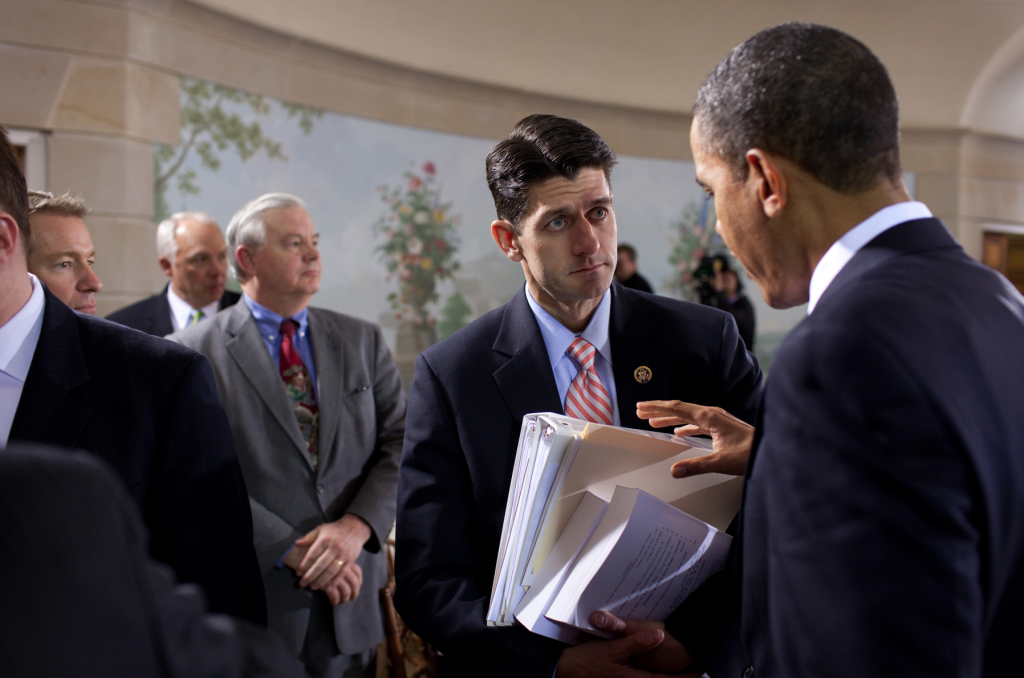
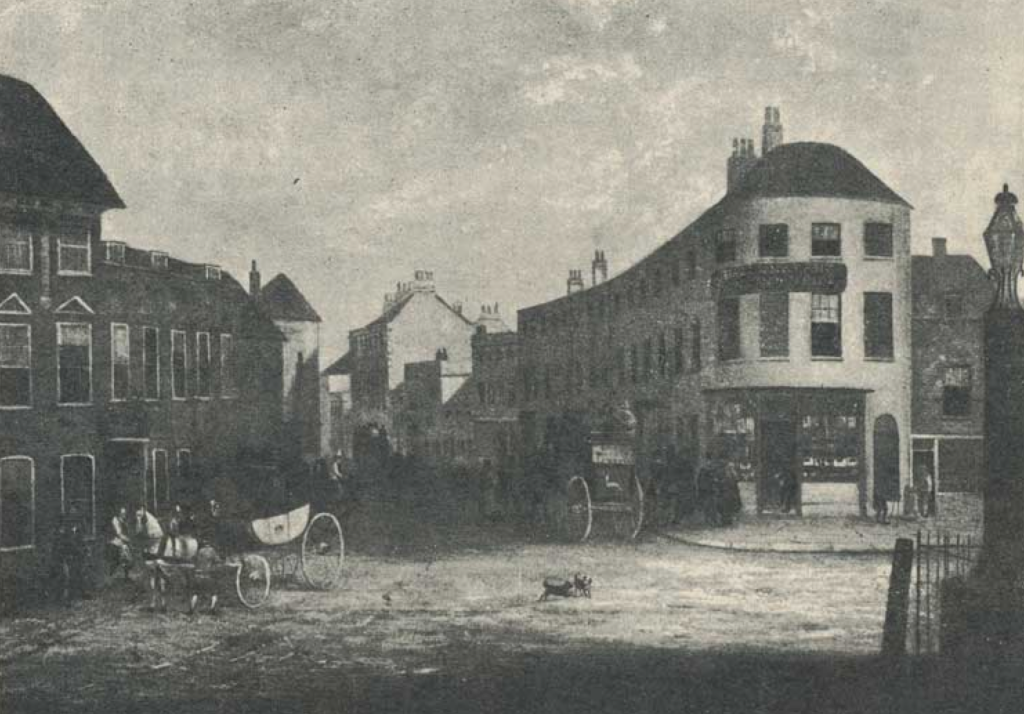
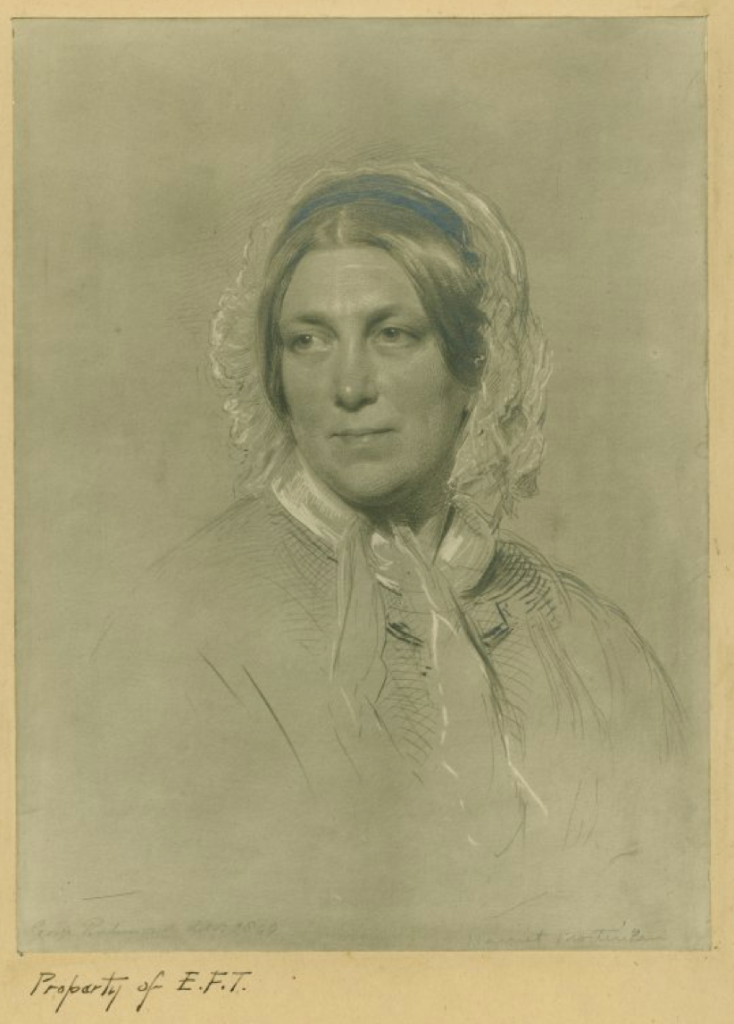
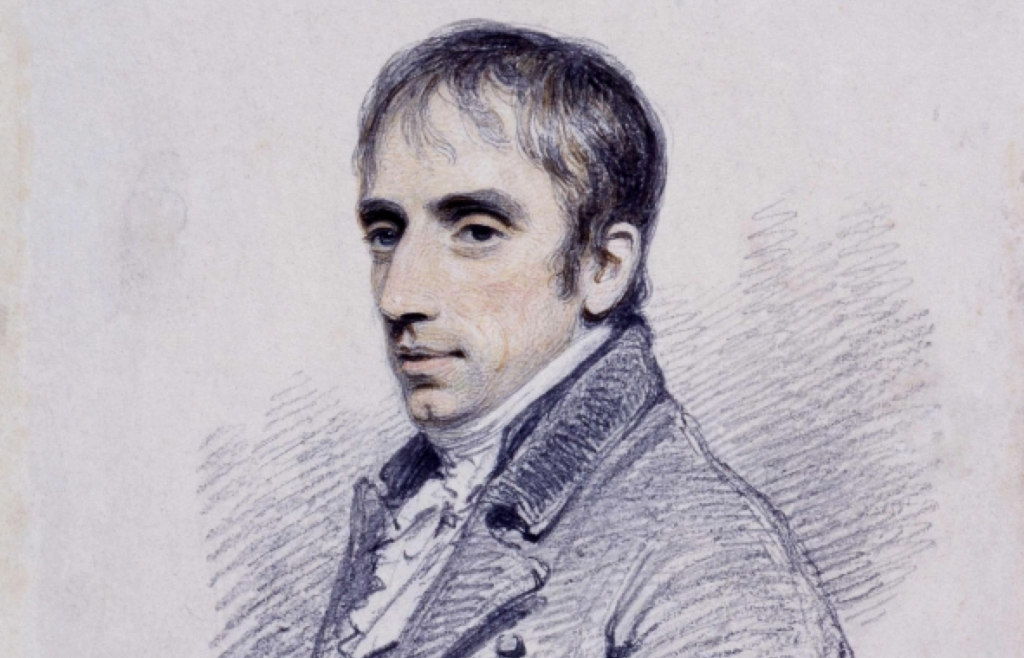
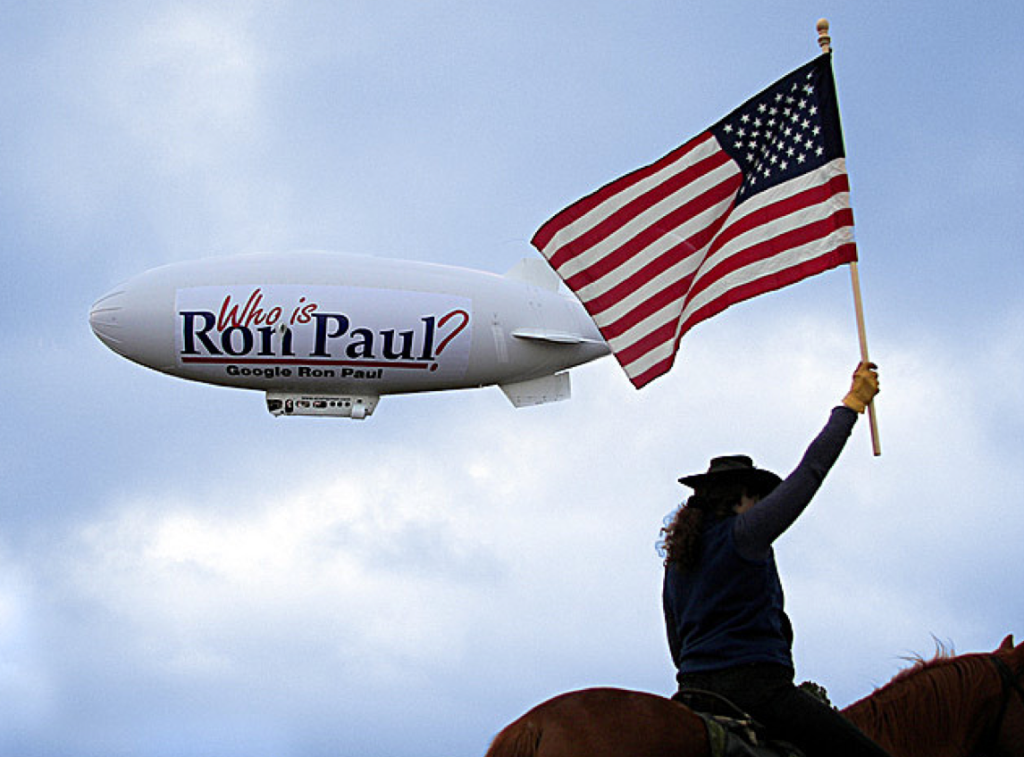
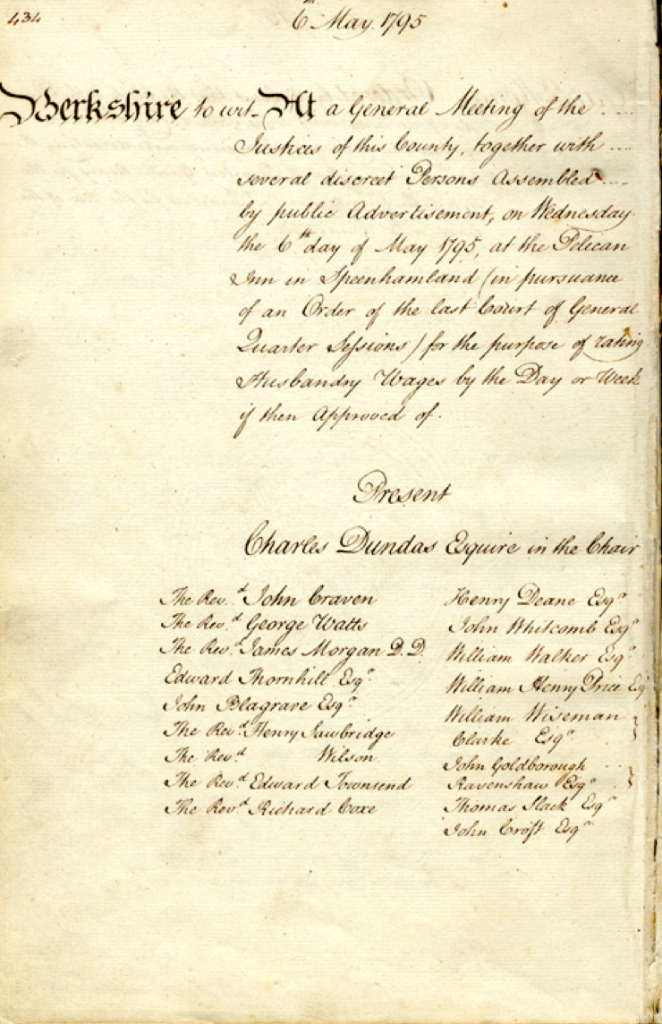
One thought on “What Reading Wordsworth Teaches Us About Poverty”